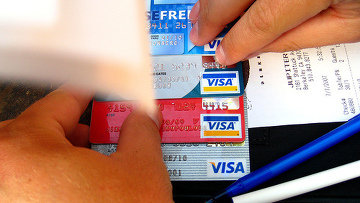MOSCOW, September 26 (RAPSI) – Starting today, Russian banks will be able to halt suspicious money transfers and block debit and credit cards of their clients for two days if there are signs of suspicious financial transmissions, including those similar to fraud.
In June, Russian President Vladimir Putin signed a bill to counter money embezzlement from bank accounts via telebanking into law.
The document sets forth a procedure banks should follow when detecting signs of money being transferred without customers’ consent. In such cases, to prevent unauthorized transmissions, banks or other money transfer operators should be obliged to suspend suspicious transmissions for a term not exceeding two working days, as well as to block respective electronic payment facilities for the same period. The signs of unauthorized transfers should be defined by Russia’s Central Bank.
At the same time banks are to be granted an option to carry out actions enumerated above when discovering additional signs of money transfers being made without customers’ consent, the said signs to be independently defined by banks in line with the guidelines provided by the Central Bank.
In case a money transfer is suspended, and payment facility is blocked, a bank involved should immediately get in contact with an affected customer asking for the confirmation of the transfer and, if given, to immediately carry out the transmission. When failing to obtain such a confirmation, the bank should perform the operation after two working days.
According to the law, the Central Bank should be empowered to create and run a database of cases, where unauthorized money transmissions were detected.



